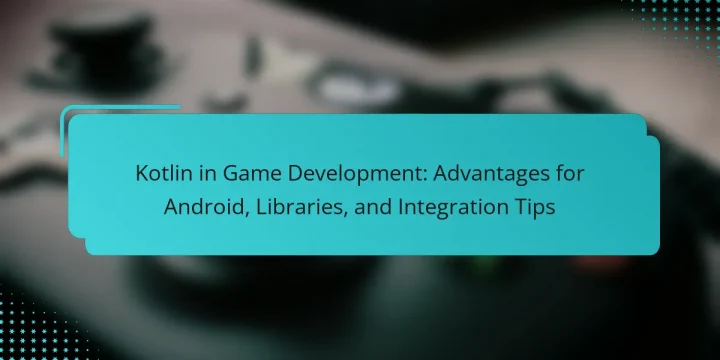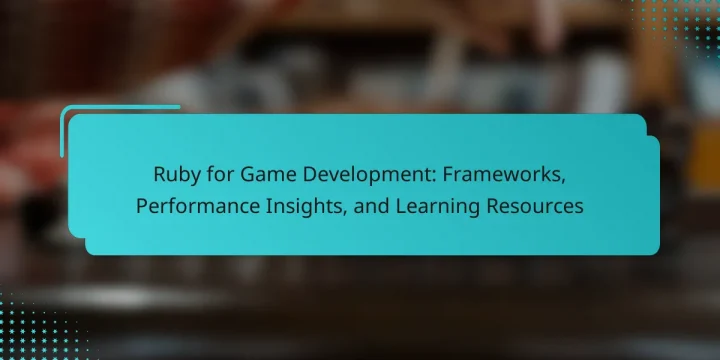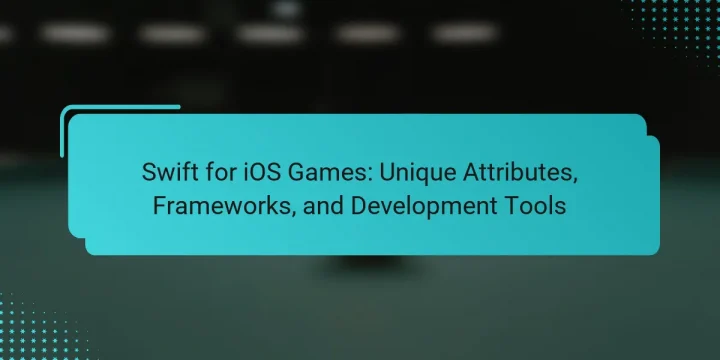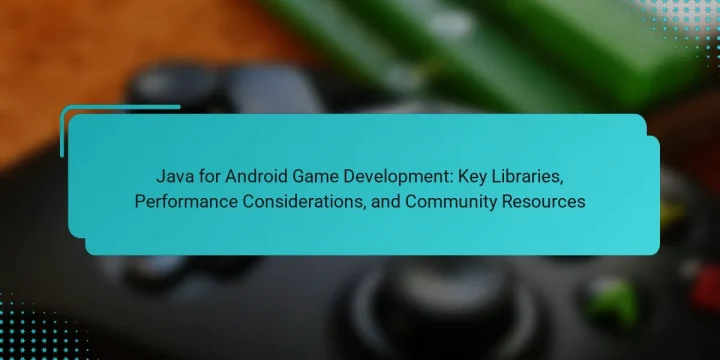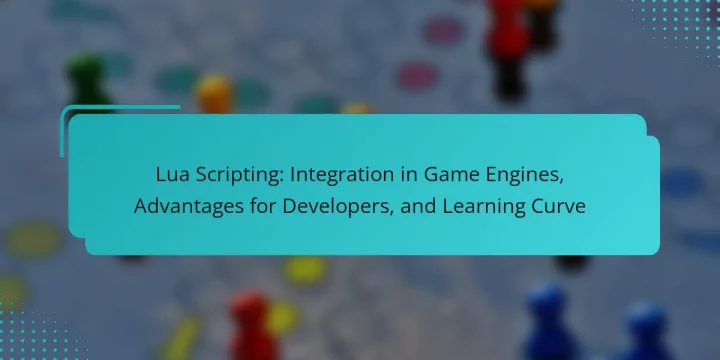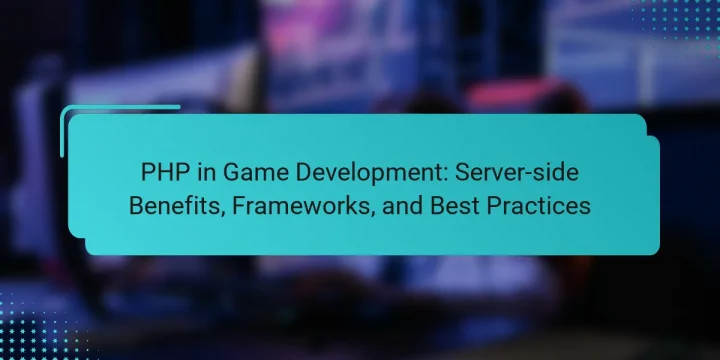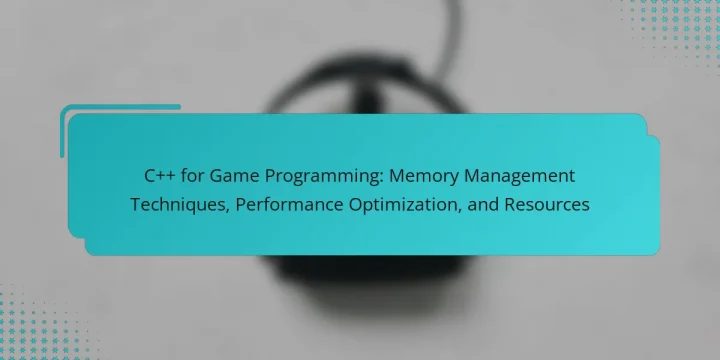
What are the key concepts of C++ for game programming? Key concepts of C++ for game programming include object-oriented programming, memory management, and performance optimization. Object-oriented programming enables the creation of reusable and modular code through classes and inheritance. Memory management is crucial in games for efficient resource allocation and deallocation, often utilizing pointers and smart pointers. Performance optimization involves techniques like code profiling, minimizing CPU and GPU usage, and optimizing algorithms for speed. Additionally, understanding data structures, concurrency, and templates enhances game performance and scalability. These concepts are foundational for developing complex and efficient game systems. How does memory management work in C++ for game development? Memory management in C++ for game development involves manual control over memory allocation and deallocation. Developers use operators like 'new' and 'delete' for…
